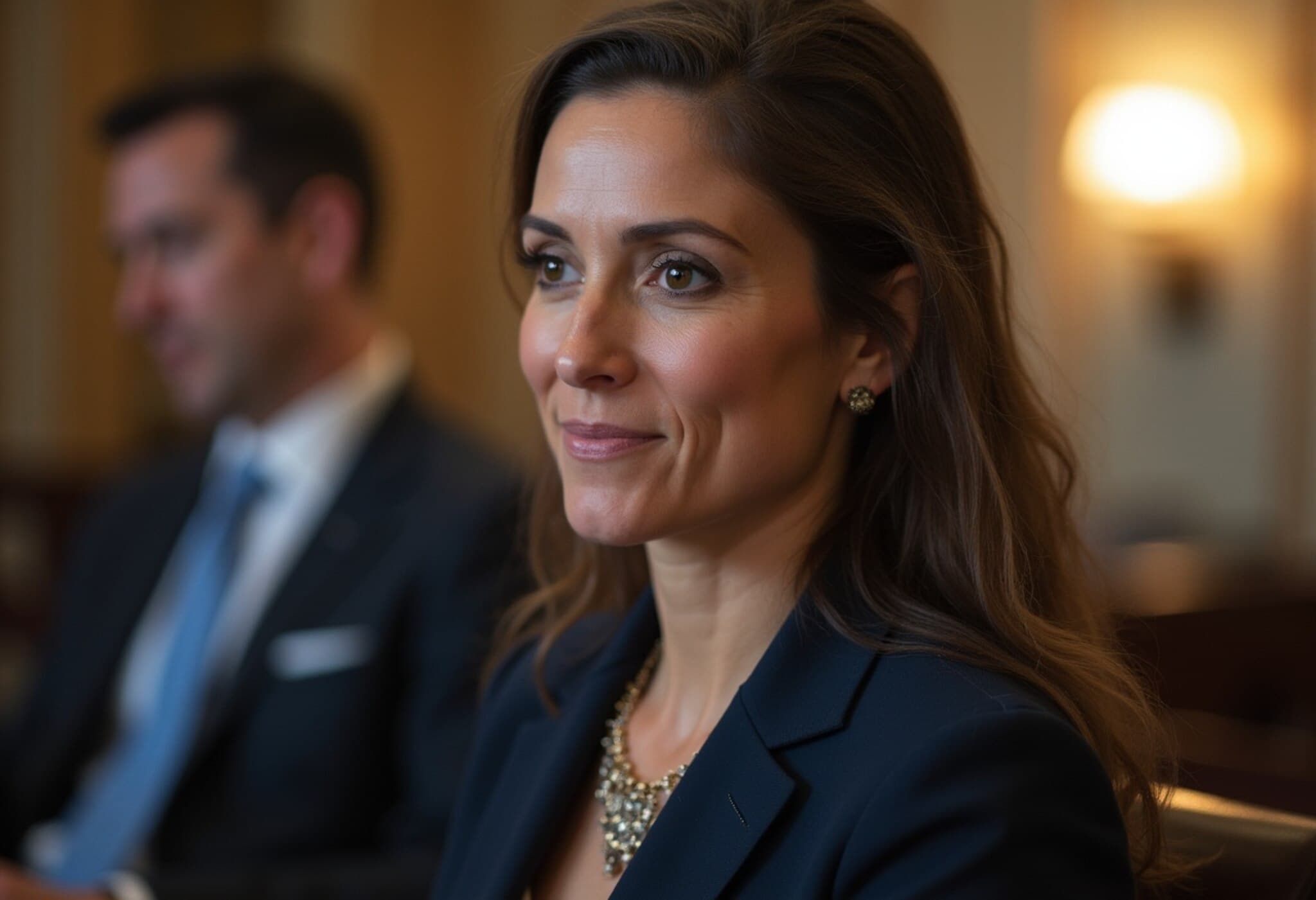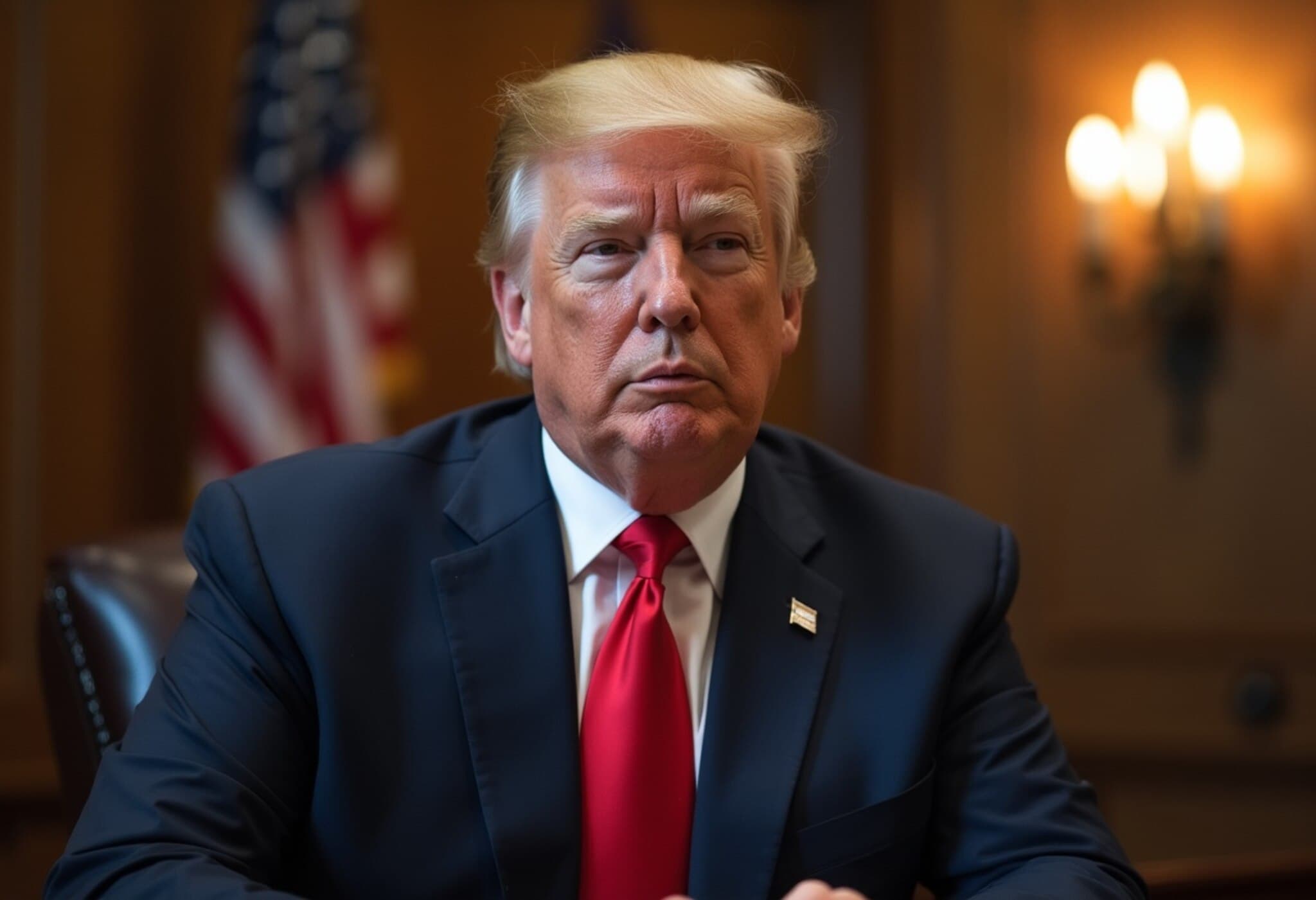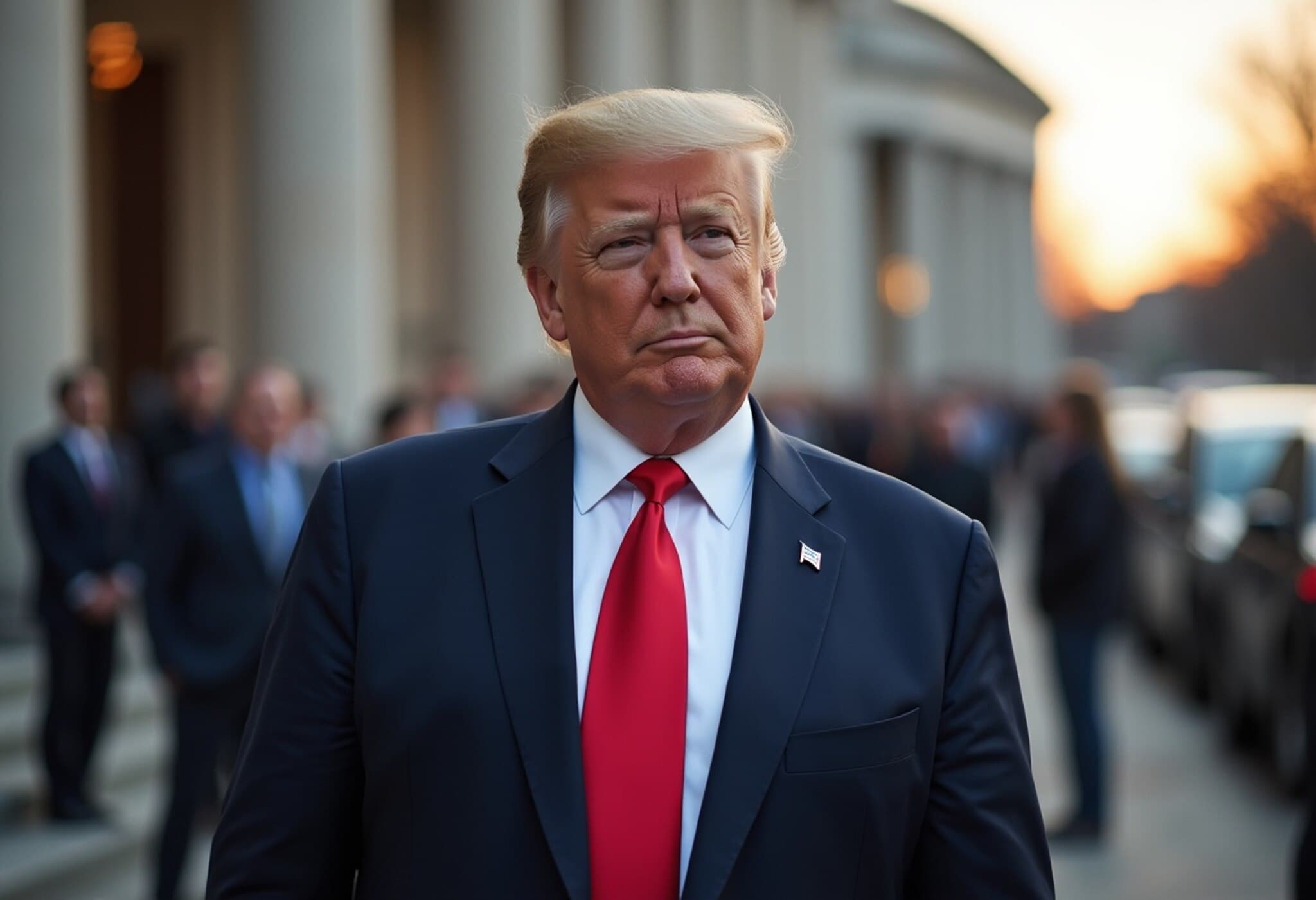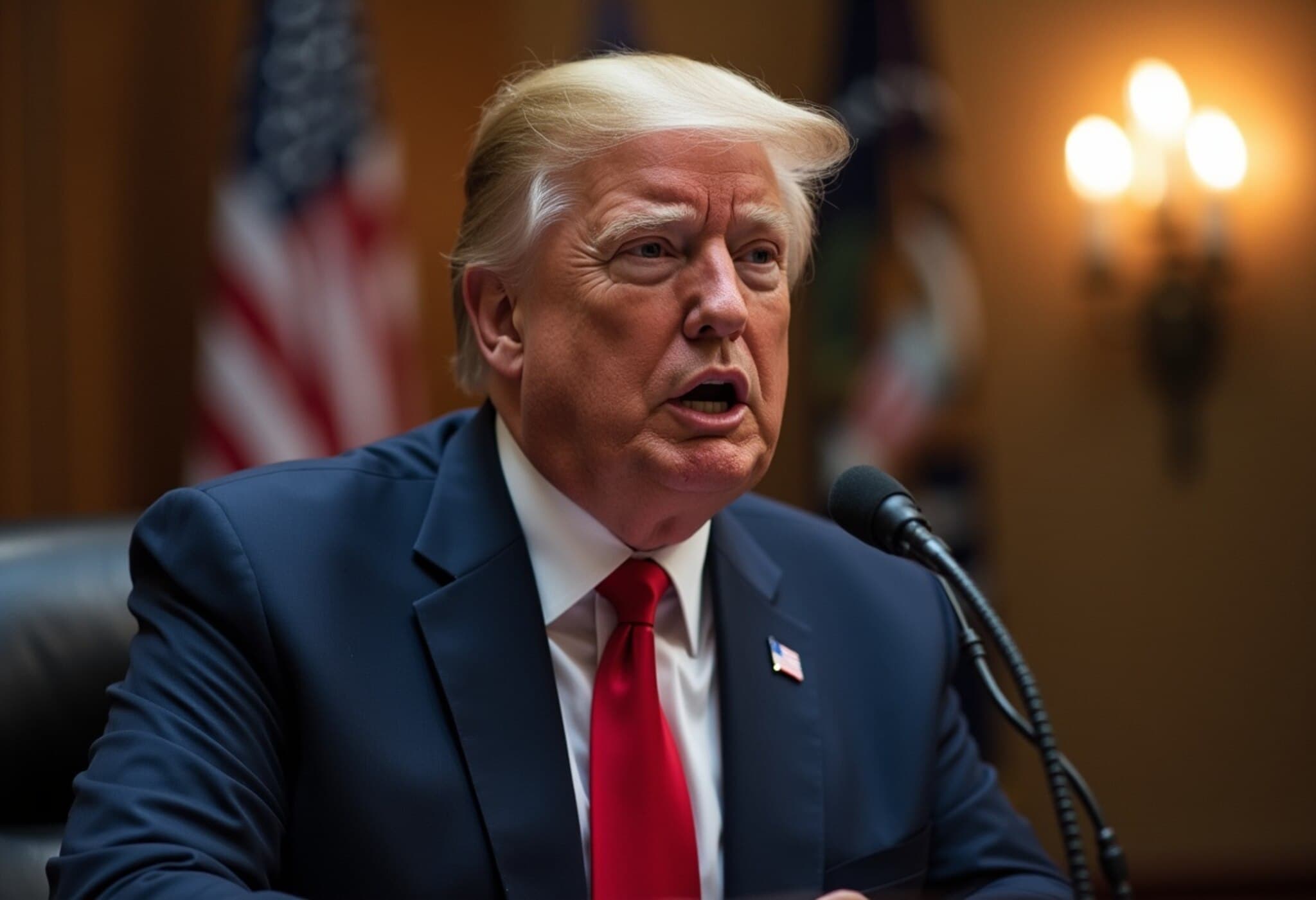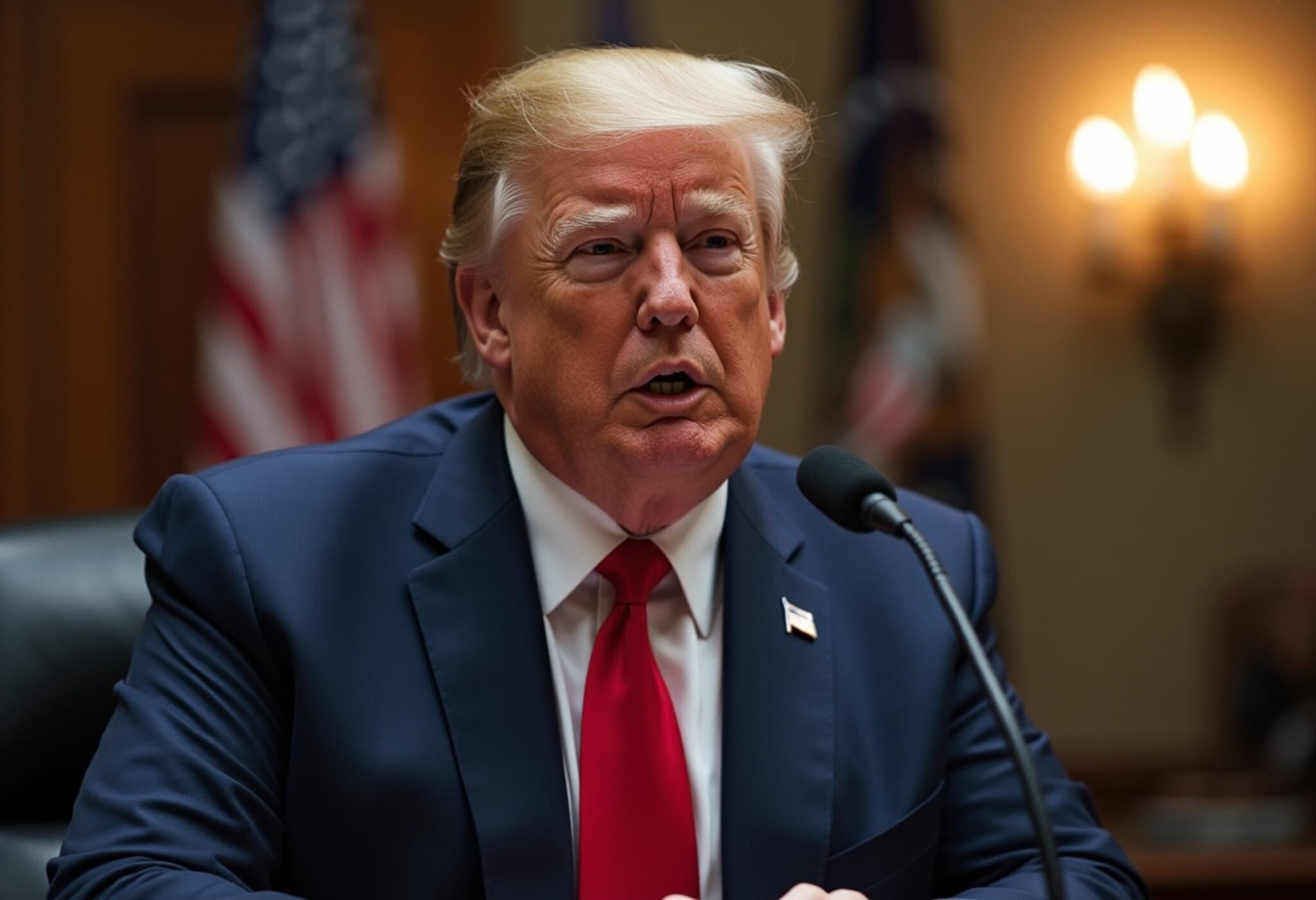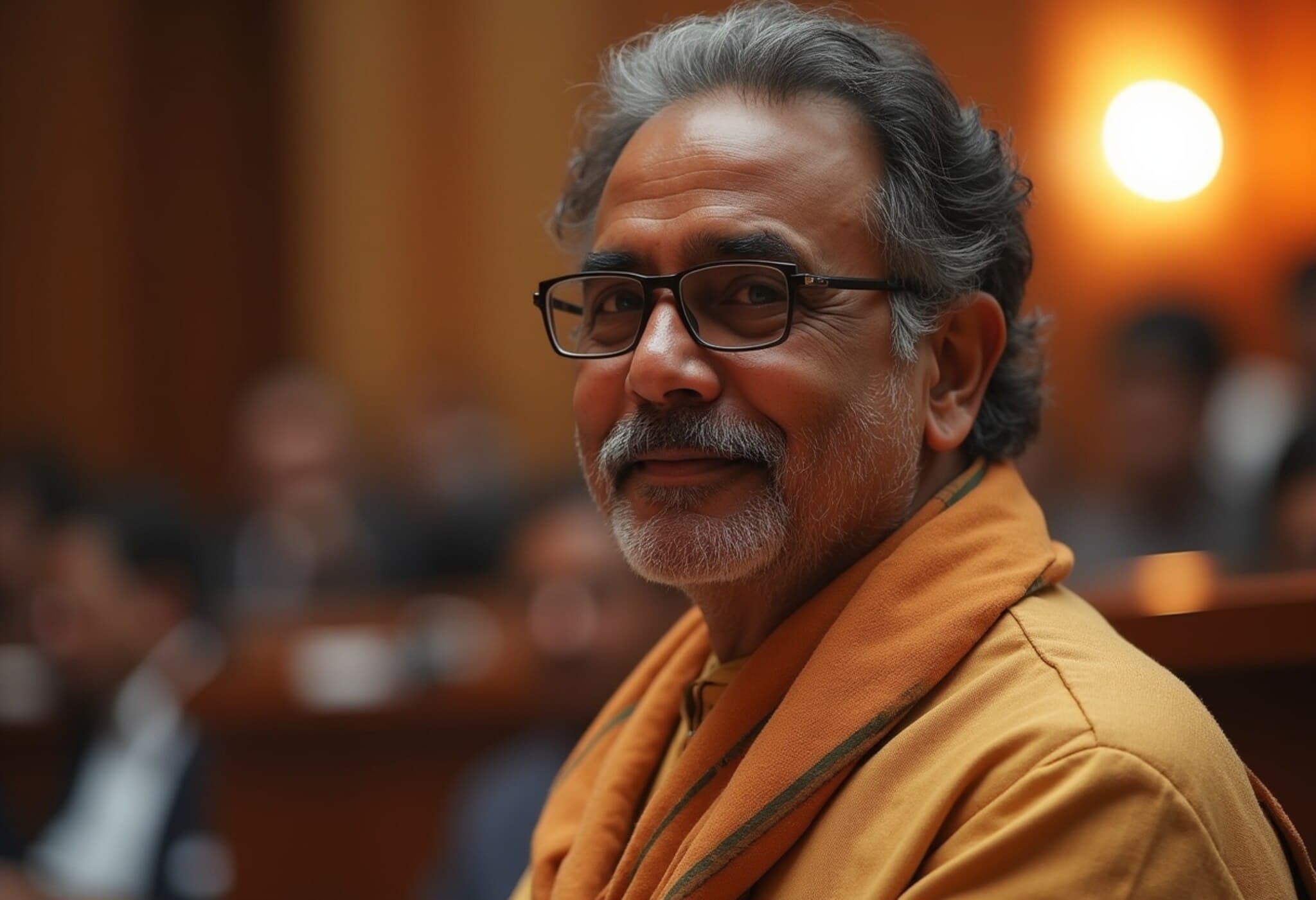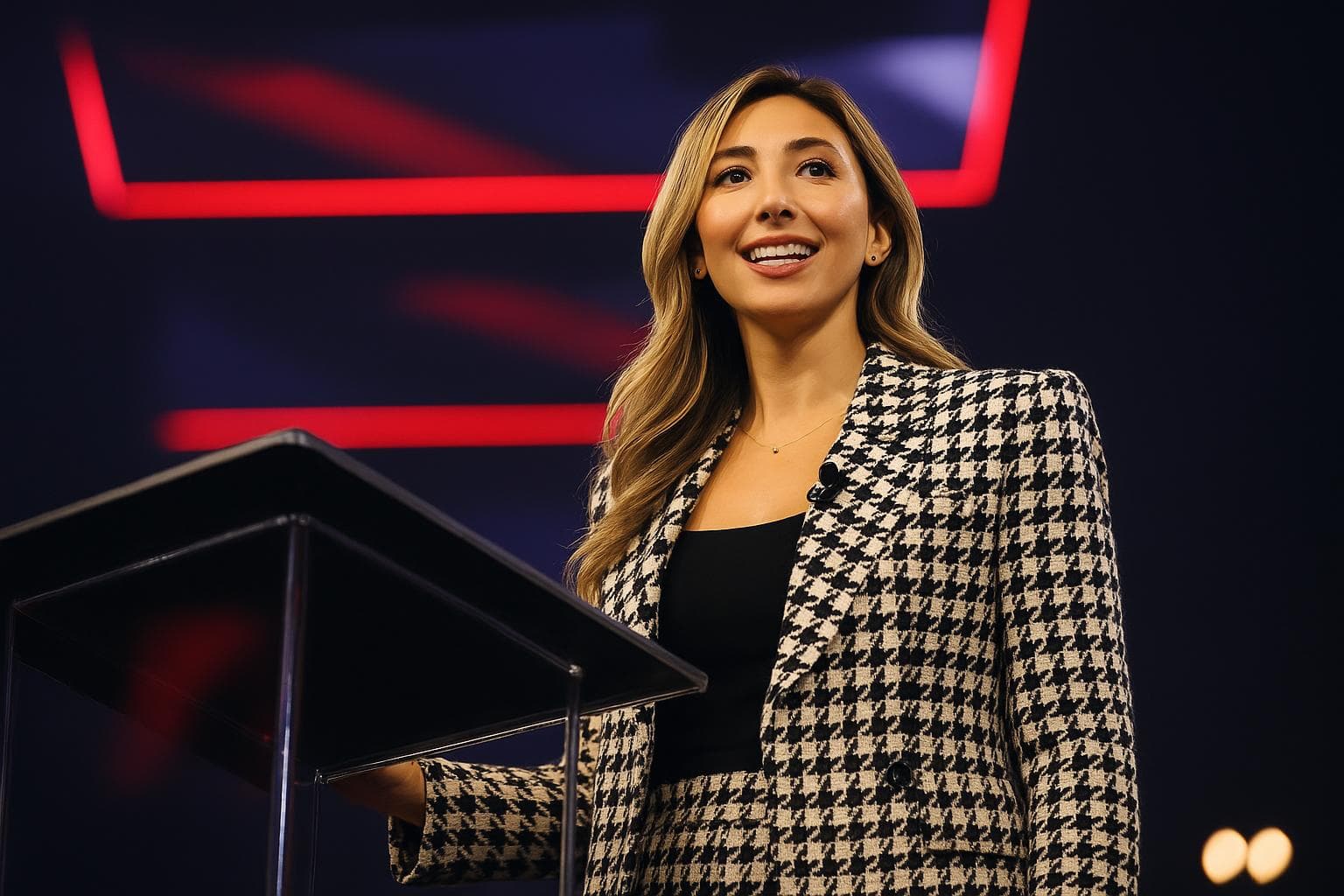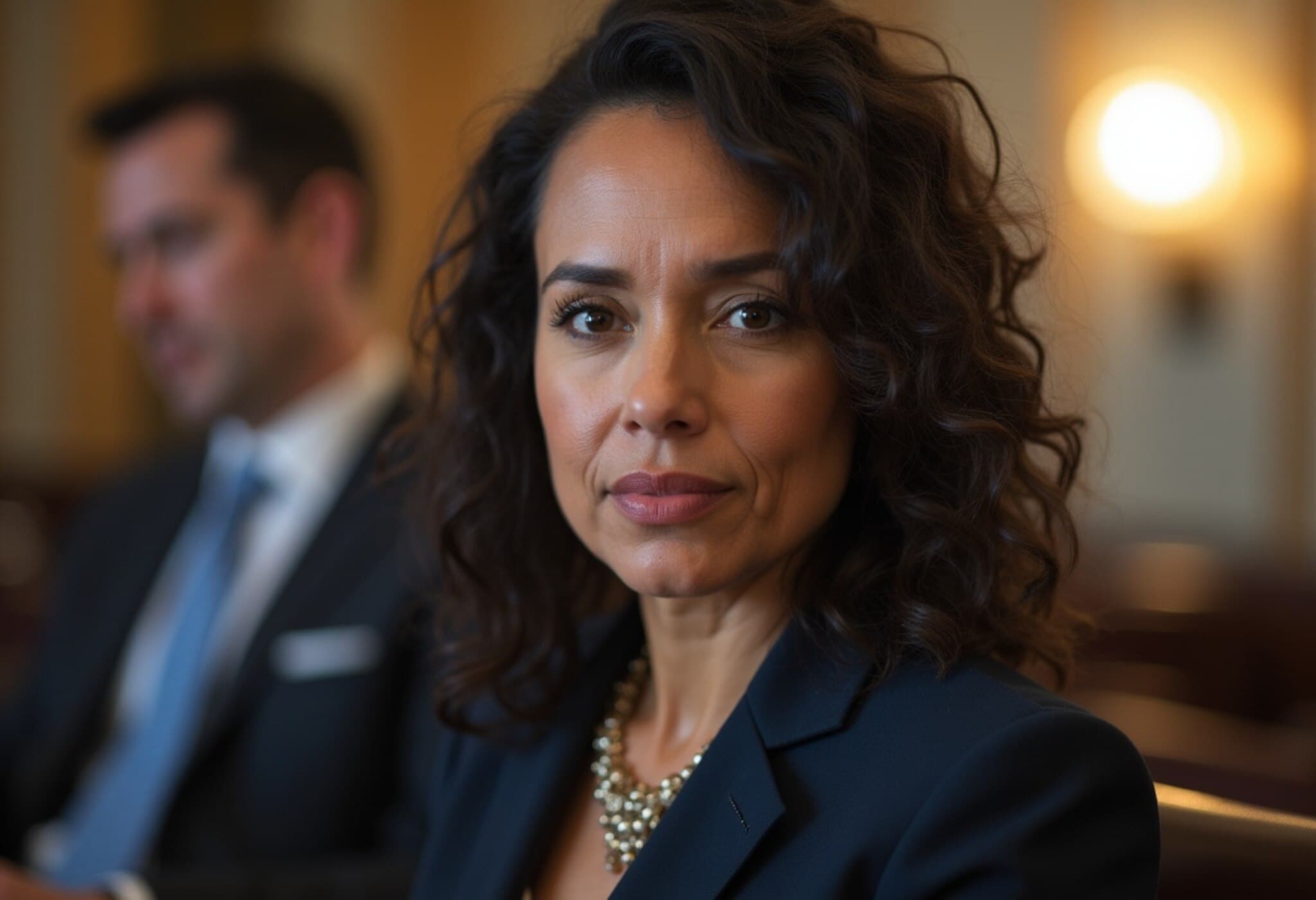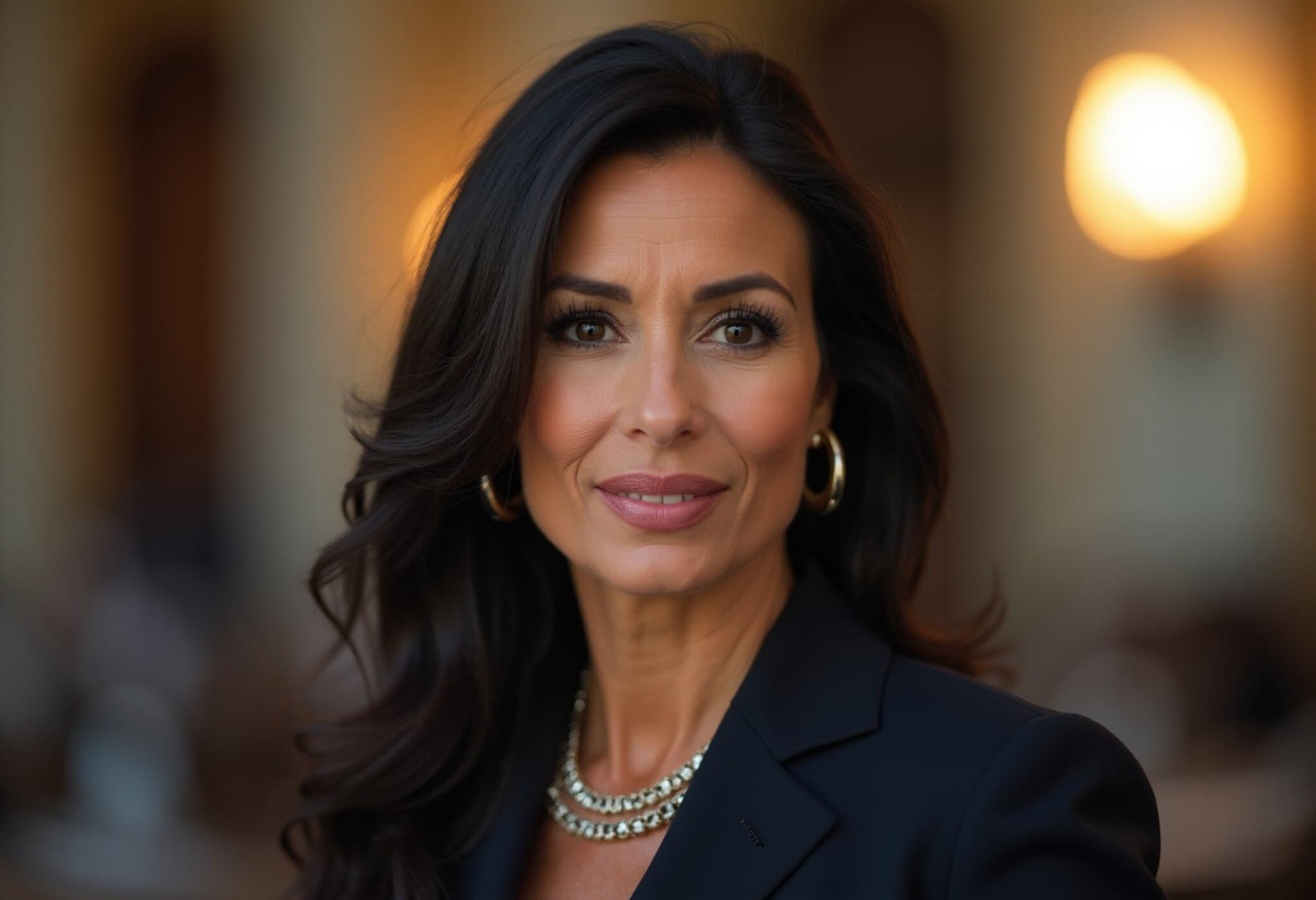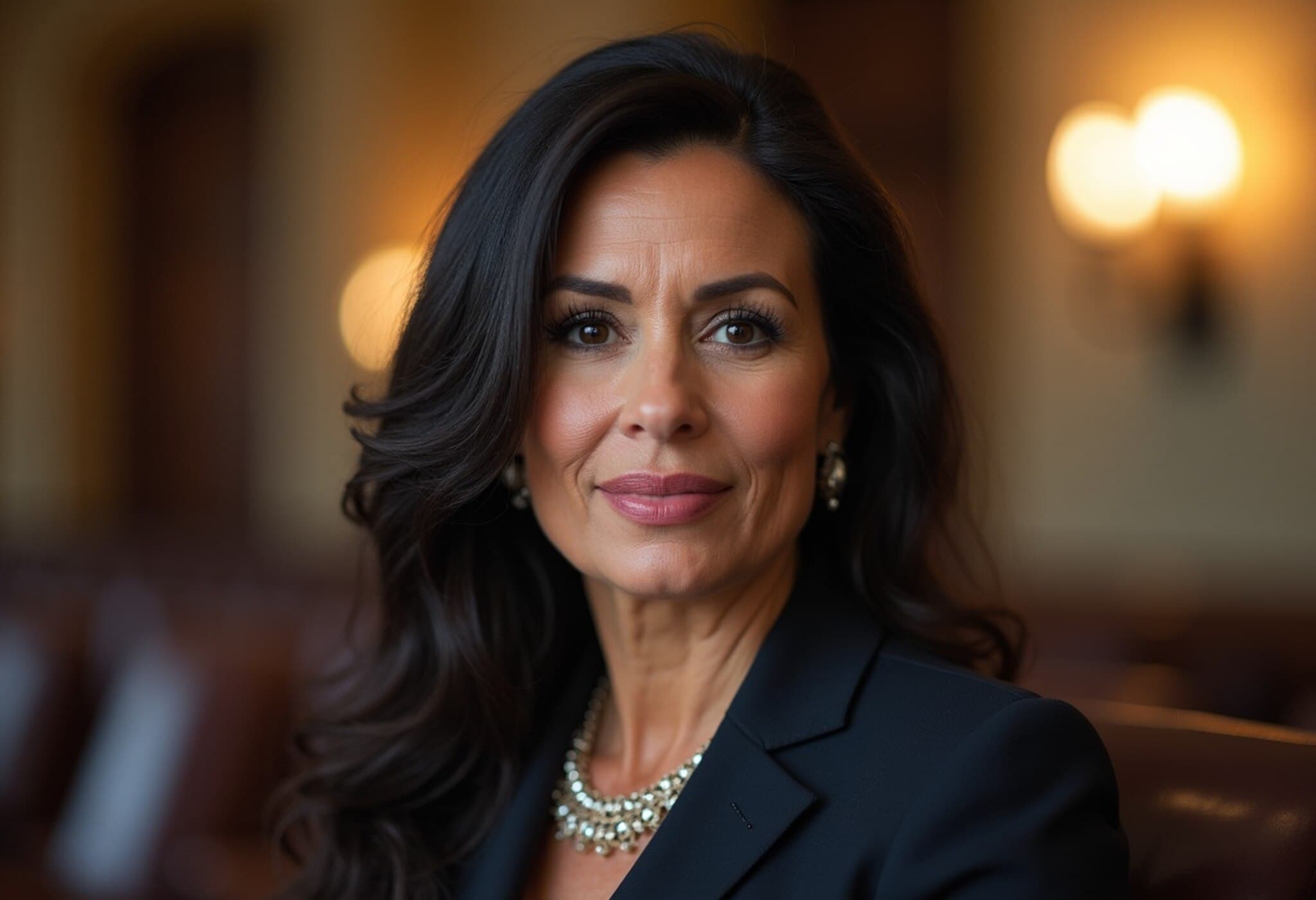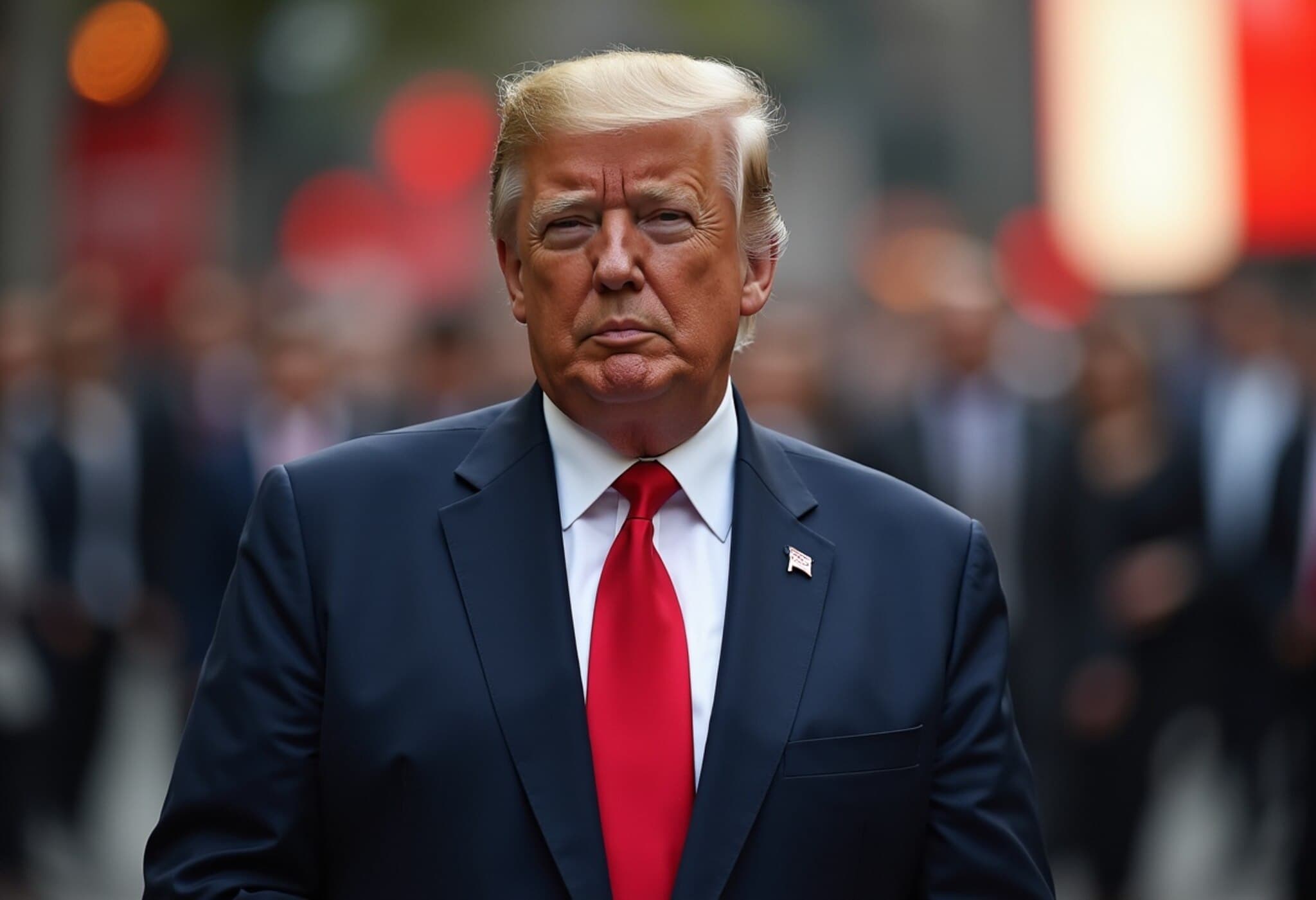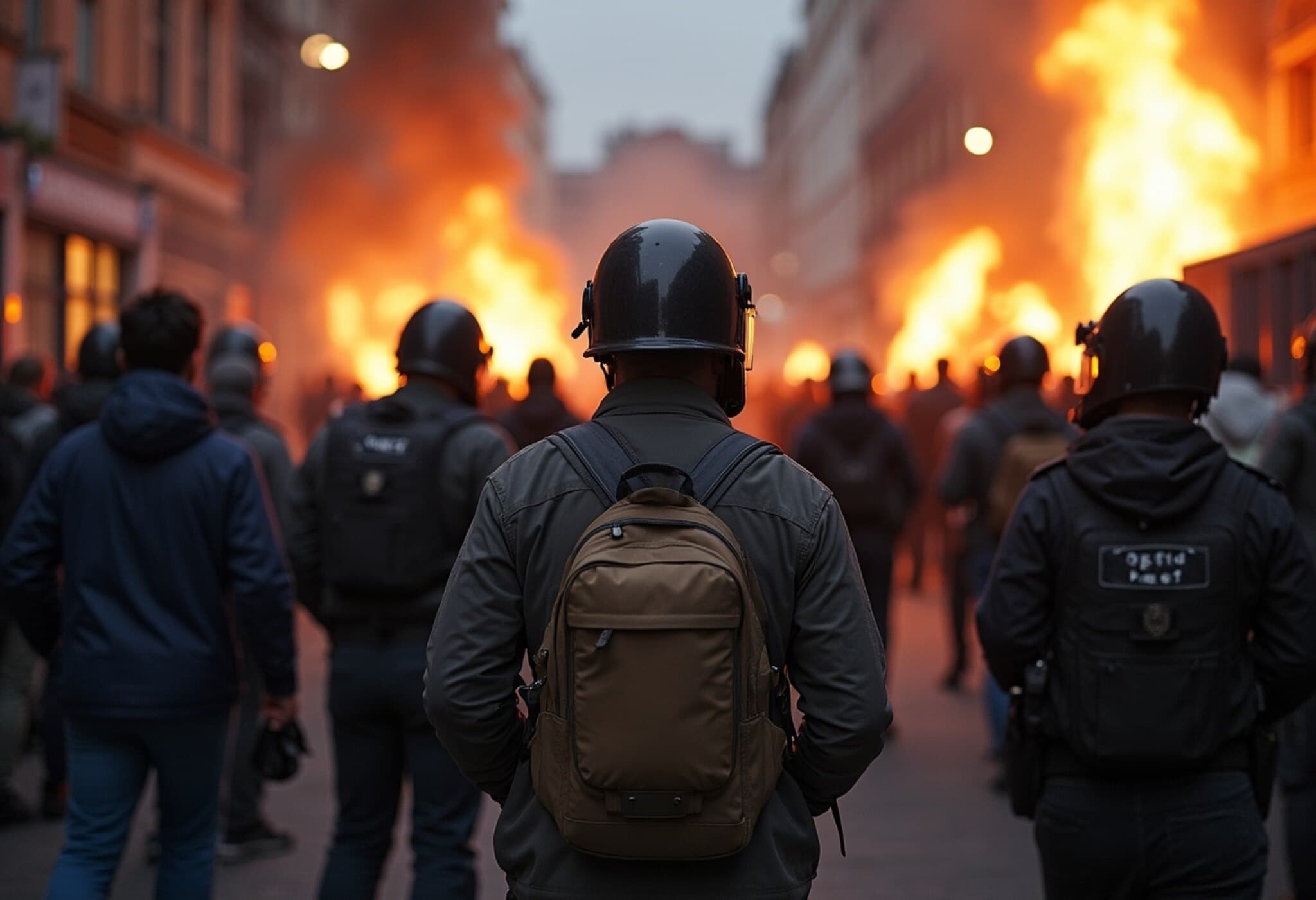Federal Judges and DOJ Clash Over New Jersey’s Top Federal Prosecutor Appointment
In a dramatic turn that highlights ongoing tensions between the Justice Department and the judiciary, a panel of New Jersey federal judges rejected President Donald Trump’s former attorney, Alina Habba, as the state’s permanent U.S. Attorney. This decision came after Habba served as interim prosecutor without Senate confirmation for 120 days, the legal limit for such appointments without congressional approval.
The Immediate Fallout: DOJ Responds with Sharp Criticism
The U.S. District Court in New Jersey appointed Desiree Grace, the office’s second-in-command, to replace Habba. However, within hours, Attorney General Pam Bondi responded by removing Grace as well, accusing the judges of politically motivated interference. In a pointed message posted on X (formerly Twitter), Bondi wrote, “This Department of Justice does not tolerate rogue judges — especially when they threaten the President's core Article II powers.” Her comment underscores the escalating battle over the executive branch’s appointment authority, a conflict rooted deeply in constitutional law.
Legal Context: Senate Confirmation and Federal Law Complications
Federal statutes allow district courts to intervene when an interim U.S. Attorney has not been formally confirmed by the Senate within 120 days. Since Habba’s nomination has yet to be acted upon by the Senate — despite her March appointment by Trump — the judges exercised their authority to alter the leadership in New Jersey.
However, a wrinkle in the process prevents the DOJ from reappointing Habba in a similar acting capacity. Unlike a recent case in New York involving Trump nominee John Sarcone — who was installed as a "special attorney to the attorney general" to skirt the 120-day limit — Habba’s official nomination bars her from holding an acting post once her term expires.
Habba’s Controversial Tenure and Political Overtones
During her brief stint, Habba’s office aggressively pursued legal action against prominent Democratic figures. Notably, her office charged U.S. Representative LaMonica McIver with two counts of assault and impeding law enforcement after a tense incident at an immigration detention center visit alongside Newark’s Mayor Ras Baraka. The charges against Baraka himself were dropped following judicial criticism of Habba’s prosecutorial conduct.
These prosecutions, seen by many as politically charged, raise substantial concerns about the impartiality necessary for federal prosecutors. Further complicating the matter, Habba had no prior prosecutorial experience before serving as U.S. Attorney; her background lies largely in high-profile civil litigation for Trump, including defamation and other politically sensitive cases.
Implications for U.S. Justice and Political Dynamics
The public clash reveals a broader struggle over the separation of powers and the politicization of federal law enforcement. It provokes critical questions about the limits of presidential authority and the role of judicial oversight in preserving the balance envisioned by the Constitution.
Moreover, the controversy spotlights the potential risks when indigent prosecutorial appointments intersect with deeply partisan motivations, jeopardizing public confidence in the impartial administration of justice.
What Lies Ahead: A Legal and Political Crossroads
- Senate Confirmation Delays: The stalled Senate process on Habba’s nomination signals ongoing political gridlock and raises the question of whether executive appointments will increasingly face judicial pushback.
- DOJ’s Authority Challenges: Attorney General Bondi’s public denunciation of the judiciary marks an unprecedented moment in DOJ-judicial relations, risking institutional friction that could impact future appointments.
- Federal Law Enforcement Integrity: The episode underscores the necessity for clear, apolitical standards in naming U.S. Attorneys to maintain public trust and effective justice administration.
Expert Insight: Navigating Separation of Powers in Politically Charged Cases
Legal analysts observe that while the President holds the power to nominate U.S. Attorneys, the Senate’s role in confirmation and the courts’ role in ensuring lawful tenure create a delicate balance. As Professor Helen Martinez, a constitutional law expert at Georgetown University, explains, “This situation reveals how essential each branch’s checks are, especially in contentious political climates where appointments may serve more than just legal functions—they carry deep political symbolism.”
She adds, “The judiciary must be vigilant not just about legality but the appearance of impartiality, which is foundational to the justice system’s legitimacy.”
Editor’s Note
The unfolding drama over Alina Habba’s appointment as New Jersey’s U.S. Attorney offers a stark illustration of the ongoing battles over presidential power, judicial oversight, and political influence within the Justice Department. As Washington grapples with these tensions, stakeholders—from lawmakers to everyday citizens—must ask: How do we safeguard the impartial enforcement of laws in an era rife with political polarization? This case spotlights a core democratic question: Where should the line between politics and justice firmly be drawn?

